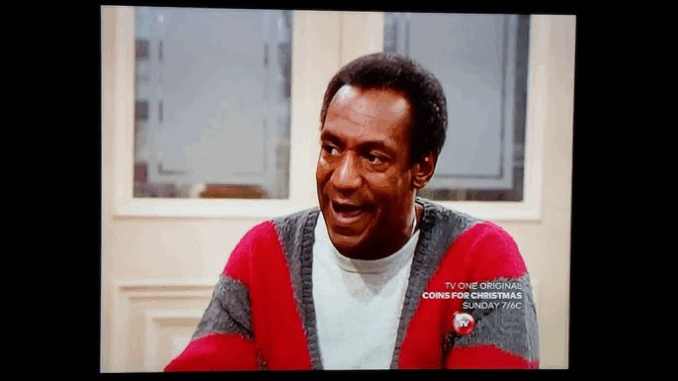
While The Cosby Show is often remembered for its humor and success, one of its most powerful — yet often underappreciated — legacies lies in its influence on young viewers. Beyond the laughs and lighthearted storylines, the series embedded deep messages about education, personal growth, family values, and cultural identity that resonated with a generation coming of age in the 1980s and early 1990s.
Promoting the Power of Education
From the beginning, The Cosby Show championed the importance of education — both formally and informally. Cliff and Clair Huxtable raised their children with high expectations, regularly encouraging academic excellence, discipline, and self-motivation.
Episodes often depicted real-life student struggles: underperformance, self-doubt, and the pressure to succeed. But unlike many shows, it offered solutions — support from family, perseverance, and self-belief. This subtle but consistent messaging helped normalize academic ambition, especially among Black youth who rarely saw themselves represented in such empowering ways.
The show’s spin-off, A Different World, took this message even further, spotlighting life at a historically Black college and inspiring real-world increases in HBCU applications during its run.
Family First: Modeling Strong Relationships
At the heart of The Cosby Show was the idea of family as a source of strength, guidance, and love. The Huxtables weren’t perfect, but they communicated, supported each other, and approached parenting with wisdom and humor. In a media landscape often filled with broken or dysfunctional families, The Cosby Show offered an aspirational — but accessible — model of how families could thrive.
For children and teens watching at home, the Huxtables were more than fictional characters; they were role models. Viewers learned how to resolve conflicts, express emotions, and navigate life’s challenges through the show’s honest and often heartfelt storytelling.
Cultural Confidence and Identity
In a time when African-American identity was underrepresented or misrepresented on television, The Cosby Show stood tall. It embraced Black culture with pride — through art, music, fashion, and language. The Huxtables listened to jazz, quoted African-American poets, and hung Black art on their walls. These were subtle affirmations of cultural identity that left lasting impressions on young viewers.
Many fans recall how the show helped them feel seen — not as sidekicks, caricatures, or victims, but as intelligent, complex individuals worthy of celebration. This sense of representation was powerful and, for many, transformative.
Real Talk, Real Impact
The show didn’t shy away from tough conversations. Topics like adolescence, peer pressure, gender roles, and moral dilemmas were explored with nuance. While never preachy, the show offered ethical grounding in a format that felt authentic and accessible.
By integrating life lessons into relatable stories, The Cosby Show became a quiet but consistent teacher for millions of viewers — shaping how they viewed the world, their families, and themselves.
Conclusion
The Cosby Show didn’t just entertain — it educated, uplifted, and inspired. For countless young people growing up in the 1980s and beyond, the show was a weekly masterclass in life, love, and self-worth. While debates about its legacy continue, its positive influence on youth, particularly in promoting education and cultural pride, remains one of its most enduring achievements.
